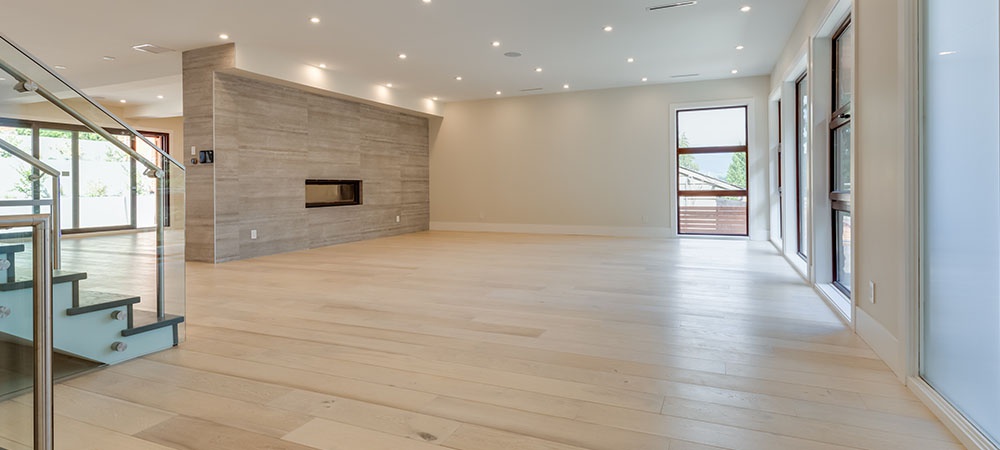Renovating your home improves your family’s quality of life and enhances its resale value. A home renovation’s end is beautiful, but its process is challenging. The road to desired renovation results might look like a gigantic puzzle to some homeowners. Fortunately, adopting a strategic approach helps you piece the big picture together.
Therefore, we drafted this guide to arm you with the fundamental dos and don’ts. Keep reading to get the best value for your investment.
The Basics
Let’s start by looking at the basics to consider before undertaking a home renovation.
- Design and Planning
Design and plan for your renovation project early to identify the available opportunities you can exploit to optimize your remodeling. It also enables you to detect possible challenges and prepare to overcome them. Planning also lets you budget the monetary and time resources you need to complete your project. This process allows you to choose the right contractors and subcontractors to help you with the jobs you can’t do.
- Determine the ROI
Determining your project’s potential ROI is also critical before embarking on it. Don’t just focus on how nice your home will look after the remodel. Thinking about its resale value is also essential because you will spend money on it. Therefore, get a balanced and long-term view of ROI that transcends immediate living conditions for your current circumstances. You can check your locality’s property and real estate pricing to help you make a worthwhile decision.
- Map Out Your Priority Projects
After estimating your project’s ROI potential, writing down your wish list is essential. Here are the factors to consider when doing it.
- The area size and the value it adds to your current living spaces.
- Room or property condition and if it will need a complete demolition or slight component replacements.
- Your budget.
- The project’s timeline.
- Your family’s lifestyle and how the renovation will affect it.
- Break Down Your Budget
After prioritizing your remodel projects, create a budget for them. Your budget should capture all materials, contractors, and other expenses. Remember to add a 10-15% extra to cover unforeseeable costs.
- Create a Timeline
Create a timeline for your project based on its magnitude. Average improvement projects last between four to eight weeks. For instance, if you plan a project with kids at home, undertaking it when kids are in school would be better than during summer breaks or holidays. If you plan to add a backyard swimming pool, scheduling it in fall or winter would be ideal.

The Dos and Don’ts
There are several vital dos and don’ts to observe before commencing your home improvement project. This section examines them in detail.
1. The Dos
- Consider your family’s lifestyle
Consider your family’s daily lifestyle and how an improvement will affect it. Determine how your family and guests will use the renovated spaces. A successful reno should improve your home’s overall functionality and efficiency. The aesthetics should come last.
- Invest in quality appliances
Most home improvements focus on floors and walls. However, remodels also present a golden opportunity to update old appliances. Pay attention to items like kitchen appliances, washers, and dryers, and prioritize quality over cost when choosing them.
- Shop for the right renovator
Choosing an ideal renovator is essential because all the other considerations won’t benefit you without them. Choose the best renovator who will give you long-term value for your money. This choice requires getting several estimates before settling for the best person.
- Expect and prepare for delays
While you expect your project to complete within your desired timeline, anticipating and preparing for delays is wise. Things can go wrong on your or your contractor’s side, delaying projects. Positioning yourself this way helps you reduce unnecessary stress when these delays occur.
- Expect and prepare to live in chaos
Prepare for chaos emotionally and practically because they will come. For instance, consider building a makeshift kitchen in a different room if you plan to renovate your kitchen. Your alternative kitchen might look like a downgrade, but it saves you the cash you would have wasted buying meals.
2. The Don’ts
- Don’t underestimate the expenses
Underestimating a project’s actual cost is one of the biggest blunders. This blunder can cause you unnecessary headaches and sink you into debt. It can also delay your renovation, increasing its overall cost in the long term.
- Don’t follow external inspiration blindly
Homeowners can get the best inspiration from social media platforms like Pinterest, Instagram, and online publications. These motivations influence design decisions and save homeowners time.
However, these online platforms aren’t final and shouldn’t limit your creativity. Why? Because they were in someone’s mind before their publication. We recommend maximizing your creative reserves to curate something that looks and feels unique and customized to you.
- Don’t ignore your home’s original architectural style
Getting a local authority’s permit to renovate your home isn’t enough. You must strike a special balance to integrate new elements while sticking to your home’s original “skeleton.” Making a disjointed addition can be counterproductive and harm your home’s resale value. So, all your adjustments should complement your home’s initial structure instead of looking like an odd addition to it.
- Don’t measure inaccurately
Inaccurate measurements are a costly mistake. Getting off by a single foot can undermine your plans. Thus, we recommend getting a third party to confirm these dimensions or allowing a professional to do it all together.
- Don’t choose the cheapest contractor
Saving money on a home improvement job is every homeowner’s dream. Therefore, pricing significantly influences a homeowner’s contractor’s choice. However, don’t fall for every renovator just because they offer the lowest rates.
Avoid a contractor if they offer suspiciously lower rates than their average competitors. These low prices might compromise materials and workmanship quality. So, we recommend investigating such a contractor’s reviews to ensure their lower prices don’t lower overall work quality.

Closing Remarks
Starting your home improvement project requires mastering the basics, dos, and don’ts. Thus, we shared these valuable insights to help you make an informed decision and get real ROI.
Are you preparing for a home reno project? Hurry to contact our team today for a free quote and consultation.




